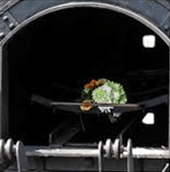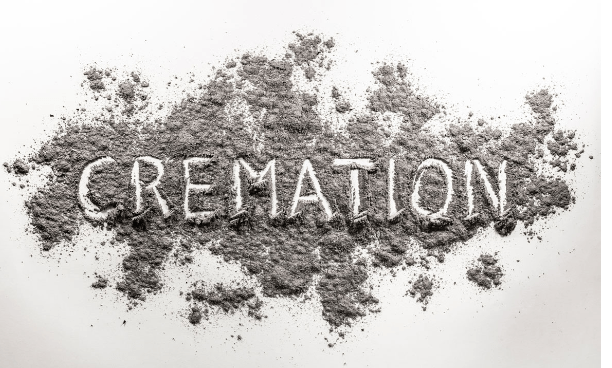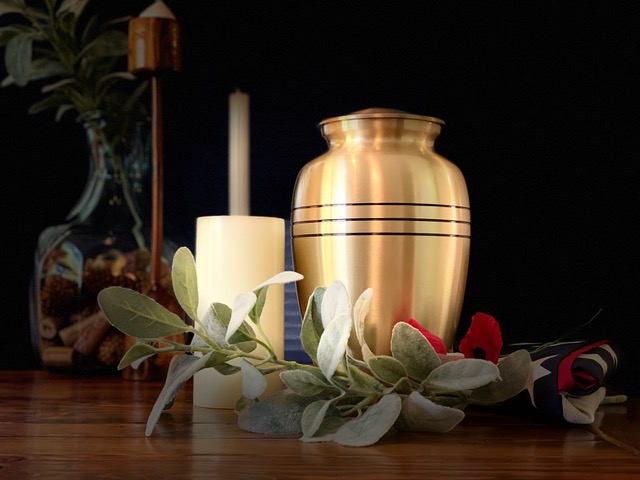If you are considering cremation as a funeral option, you may have some questions about exactly what happens when a human body is cremated. This article aims to explain the cremation process to you in simple terms.
What is a cremation?

Cremation is the incineration of the human body by flame. This is conducted in a cremation machine known as a ‘retort’. The incinerator is heated to around 1,800 degrees Fahrenheit. Crematory operatives use a remote to open the retort doors, and the cremation container is transferred into the cremation chamber. The body is incinerated until all that remains are bone fragments and ash.
What processes occur before a cremation can proceed?
There are several processes that occur before a cremation can proceed. The body is usually stored in a temperature-controlled environment or refrigerated storage unit until the cremation can go ahead. A coroner or medical examiner needs to sign to permit the cremation to proceed.
This is to ensure that no medical examinations or investigations are pending. A death certificate should be filed and a Cremation Authorization Form must be signed by the legal next of kin to allow the cremation to go ahead.

If the deceased had a pacemaker this must be removed as these can explode due to the heat in the cremation chamber. Also, any metal or silicone implants, prostheses, or artificial limbs are removed. [Many crematories now operate recycling programs for these items]
The deceased is placed into a cremation container. This is a flammable container made of cardboard or plywood.
How long does a cremation take?
It generally takes 2 to 3 hours to cremate a human body (of average size). Between 3 and 9 pounds of cremation ash are produced. The weight and amount of the cremated remains depends upon the bone mass of the deceased person and is not relevant to the body mass index (fat) as this is highly combustible.
What do cremated remains look like?

Once the cremation is complete the cremated remains are cleared from the retort. Initially, they are a mixture of bone fragments and cremation ash. These cremated remains are filtered for any inorganic remnants such as teeth fillings, small metal implants, and jewelry, and then they go into a grinder for the larger bone fragments to be ground to make fine ash. Once this process is completed the cremated remains resemble a grey/white powdery ash.
Common questions about cremation
One of the most common questions about cremation that families ask is whether their loved one will be cremated on their own. Cremation legislation in all states requires that human remains be cremated individually. A cremation chamber must be fully cleared of remains before the next cremation proceeds.
Another common question is how long it is before the family receives the cremated remains back. This can depend upon the process before cremation. How quickly the legal paperwork can be signed off, the schedule at the crematory, and the preparation of the cremated remains post-cremation. It usually takes between 5 – 10 days for cremated remains to be ready for the family to collect.


